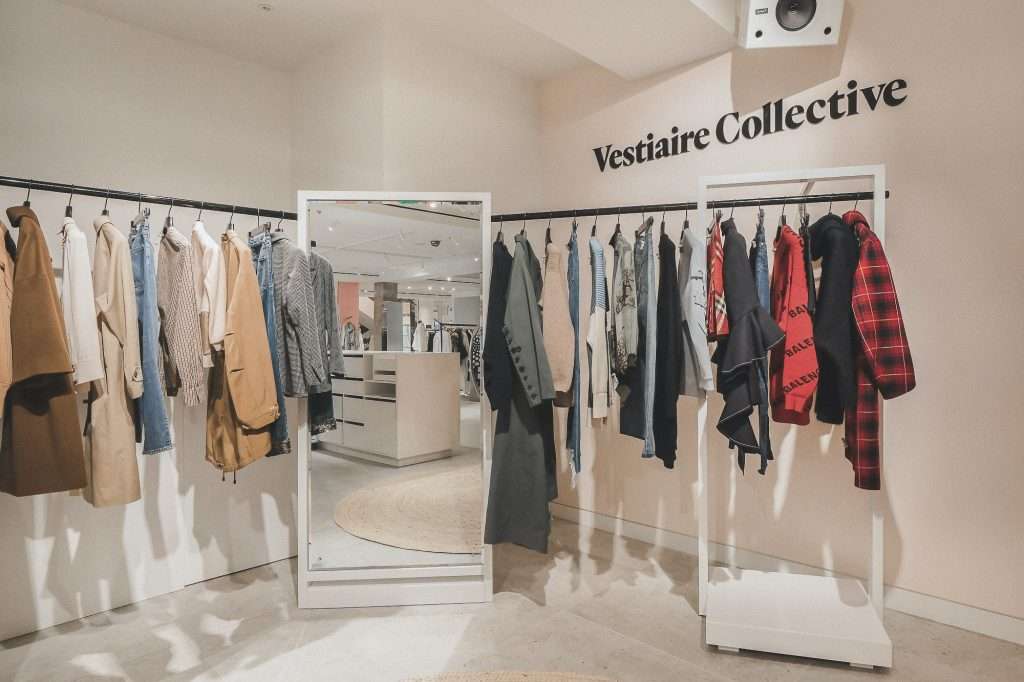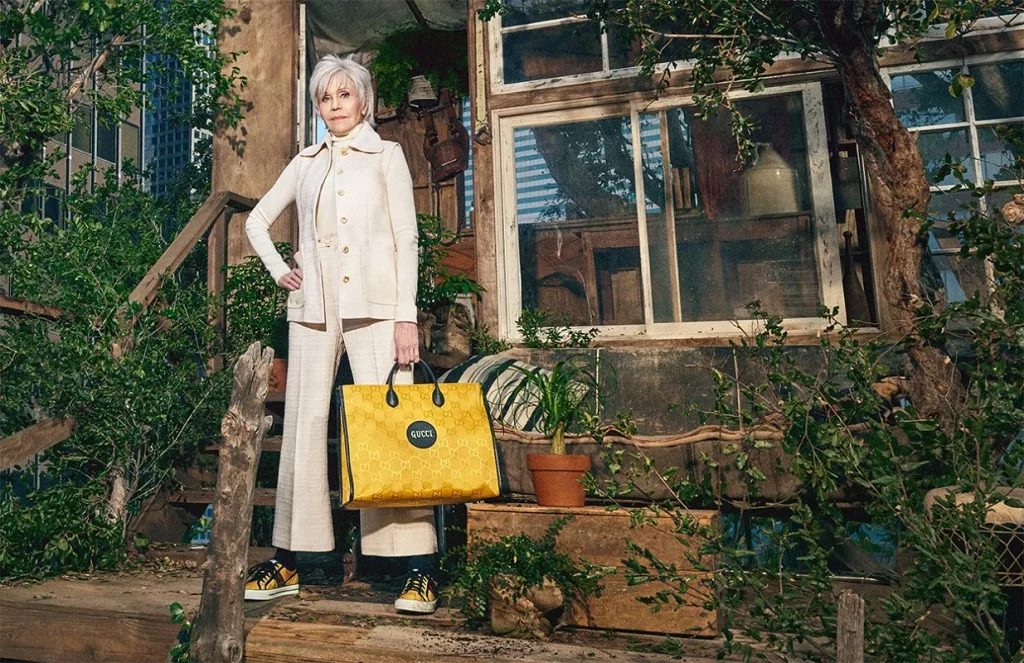Rarity, sustainability, exclusivity, new experiences, and new territories are the future for the luxury segment, according to a new report from Boston Consulting Group and the French luxury goods association, Comité Colbert.
The luxury sector is expected to continue its upward trend following its return to pre-covid levels last year. According to the new BCG and Comité Colbert report, Luxury Outlook 2022: Advancing as a Responsible Pioneer, revenue is expected to climb six percent per annum between 2022 and 2026, reaching more than $515 billion in 2026.
“Today, consumers view luxury as being defined by quality, craftmanship, and creativity. They also believe that it bears a certain social and environmental responsibility,” reads the report’s introduction by Bénédicte Épinay, President and CEO of Comité Colbert, and Joël Hazan, Managing Director & Partner at Boston Consulting Group in Paris.

According to the newly elected Chairman of Comité Colbert, Laurent Boillot, President and CEO of LVMH’s Hennessy, the goal of luxury is “to preserve, develop, and pass on to future generations.”
But the report says the industry is now facing “paradigm shifts.”
Sustainable purchasing
“For example, six out of ten consumers say that they incorporate sustainable development into
their purchasing decision, almost half are interested in the concept of a virtual store, and 80 percent believe that luxury fashion houses should commit to product life-cycle management beyond production and sales,” reads the report.
The changes in market demand highlight “emerging pressures,” the report says, across the global luxury industry, and specifically luxury houses in France. The report says the industry now has a responsibility to “help drive a larger movement that extends beyond its industry sector.”
Chief among the paradigm-shifting trends are five themes: production and resources, the product life cycle, customer relationships, responsibility, and globalization. These were highlighted by a group of 40 luxury house heads including Cartier’s Cyrille Vigneron, Hermès’s Guillaume de Seynes, Chanel’s Bruno Pavlovsky, and Vestiaire Collective’s Maximilian Bittner.
“We opened the doors of our members to take the temperature,” Epinay said.

BCG along with Potloc Consumer Insights, conducted a consumer survey earlier this year of more than 2,000 participants across France, Europe, and the U.S. According to the survey, 60 percent of consumers are prioritizing sustainability. Eighty percent say luxury fashion houses should commit to product life-cycle management that goes beyond their production and sales. Nearly half are also interested in the rising role of the metaverse and virtual store experiences.
Secondhand luxury continues to figure prominently in the industry’s future. Sales there are growing nearly three times faster than in other sectors.
“The secondhand market demonstrates respect for our creativity. This is where fashion can be closer to luxury,” Kering’s director of fashion and luxury intelligence Lionel Vermeil said in the report. Secondhand sales are expected to tick past $82 billion by 2026, nearly doubling over 2021’s figures.
A collaborative industry
The report puts a strong emphasis on collaboration and sharing knowledge, particularly as it pertains to achieving existing sustainability goals as well as developing new metrics.
“In recent years, some luxury brands may have viewed being green as a source of competitive advantage. However, the luxury fashion houses that were trailblazers on these issues must now encourage the rest of the industry to place sustainable development at the heart of all practices,” reads the report. It says these leaders must now transition from a “duty toward quality to a duty toward legacy.”
It cites Kering and Pernod Ricard via Martell Mumm Perrier-Jouët on a collaborative effort on regenerative agriculture standards.
“We are taking ownership of our entire value chain and striving to externally promote the regenerative farming techniques that are already being used on our farms,” said Axelle de Buffévent, Style Director
at Martell Mumm Perrier-Jouët.

“Global sustainable development goals and the hopes of creating a responsible industry can only
be achieved through collaborative initiatives at the sector level,” said Richemont’s Group Marketing and Strategic Planning Director, Anne Dellière.
Traceability is also expected to figure prominently in the luxury sector’s future. Projects like the Aura Blockchain Consortium initiative, spearheaded by LVMH, Prada, and Cartier, are aimed at increasing authenticity, as well as boosting consumer transparency on provenance and sustainability metrics. Efforts like HB Antwerp’s blockchain diamond mining and the Kering- and Richemont-led sustainable jewelry and watch initiative signal the market shift ahead.
“In recent years, the luxury industry has demonstrated its ability to endure and overcome crises,” reads the report introduction.
“These new demands and aspirations facing luxury fashion houses in France and abroad highlight emerging pressures to which players must respond individually or collectively.”


